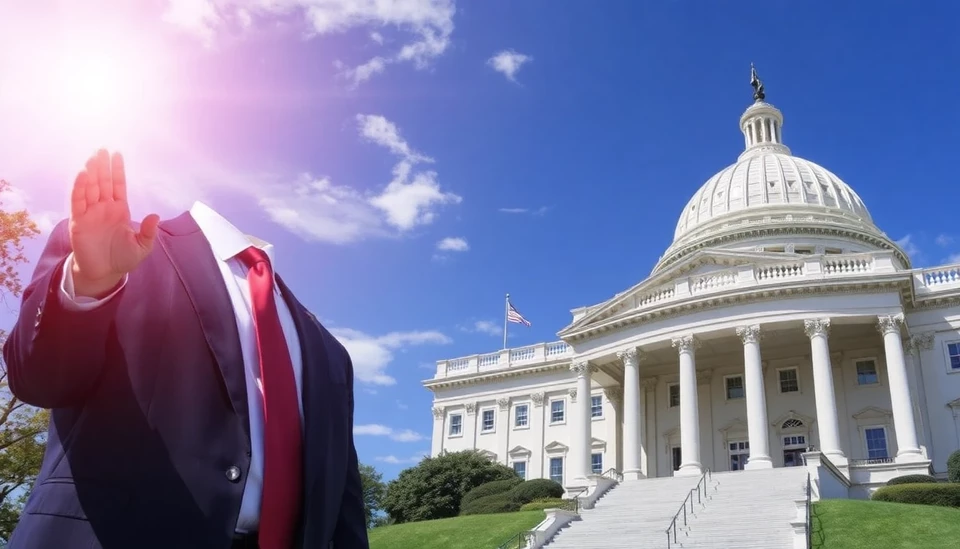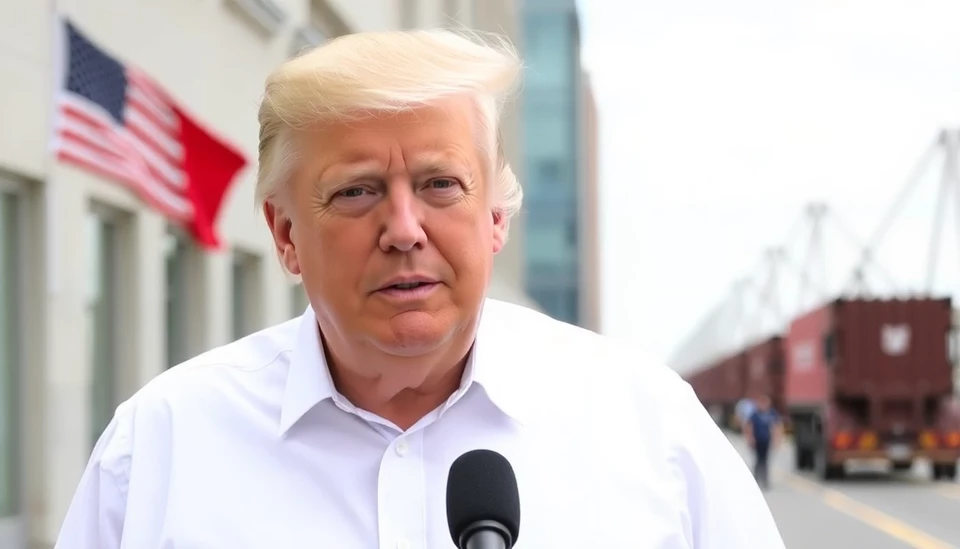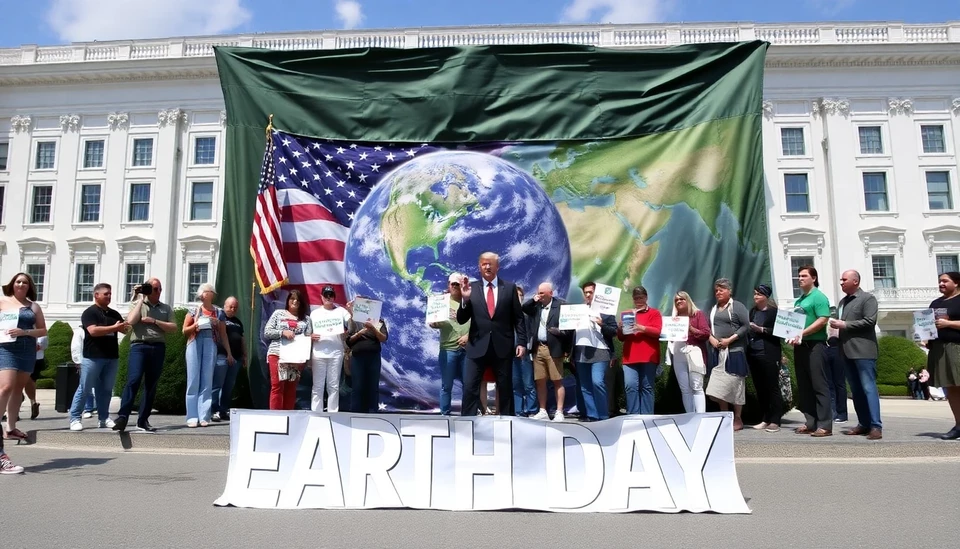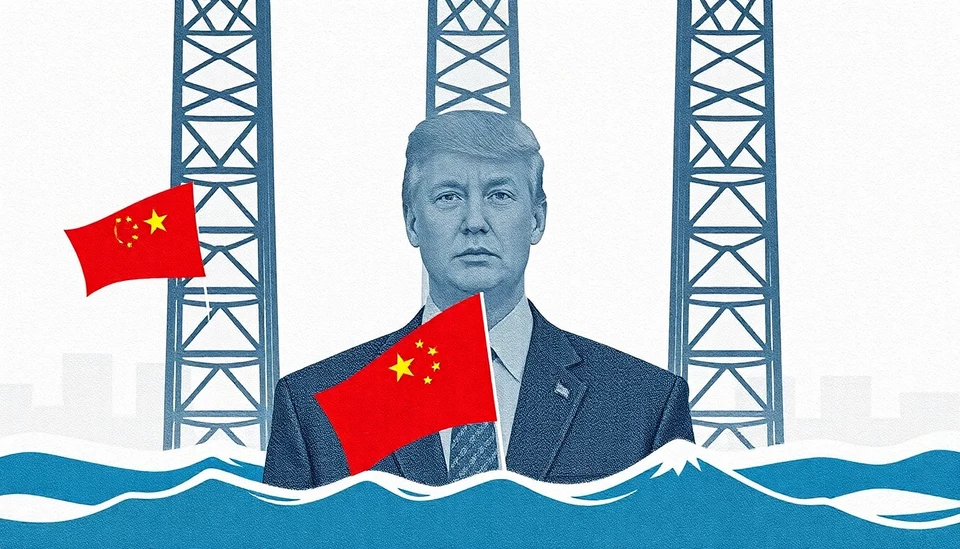
The Trump administration is reportedly gearing up to dismantle several Environmental, Social, and Governance (ESG) regulations that have been implemented under the Biden administration. This anticipated reversal underscores a significant shift in the U.S. government's approach to corporate responsibility and sustainability issues, prioritizing deregulation over comprehensive ecological accountability.
Sources close to the administration indicate that officials are particularly focused on reevaluating standards set forth by the Securities and Exchange Commission (SEC). These standards required publicly traded companies to disclose their climate-related risks and other ESG factors, a move seen by many as a crucial step in promoting transparency and encouraging sustainable practices among major corporations.
Critics of these ESG regulations argue that they impose unnecessary burdens on businesses, which can lead to stifled economic growth and limit job creation. Proponents, on the other hand, contend that the responsibilities outlined in ESG frameworks are essential for addressing pressing global issues such as climate change, social inequity, and corporate governance failures. They assert that dismantling these regulations could have dire consequences for environmental protection and corporate accountability.
As part of this potential policy overhaul, it is expected that the administration will issue executive orders to roll back certain directives, effectively reframing the landscape of corporate responsibility and environmental oversight. Industry insiders are closely monitoring these developments, as the implications could affect investment strategies, shareholder relations, and overall corporate behavior across various sectors.
This expected change aligns with the broader agenda of the current administration, which aims to prioritize economic recovery and enhance the competitiveness of American businesses on a global scale. However, this strategy raises questions about the long-term impacts on environmental sustainability and the U.S.’s commitment to international climate agreements.
In the wake of these discussions, environmental advocacy groups are gearing up for a robust pushback. Many organizations and activists are prepared to mobilize public support, emphasizing the importance of maintaining strong ESG standards that reflect a commitment to social justice and environmental stewardship.
As this situation develops, stakeholders from across the economic spectrum—corporate leaders, policymakers, and activists—will undoubtedly engage in a heated dialogue about the future of ESG regulations and their role in American industry. The outcome of this policy review will be integral to shaping the future of business practices in respect to environmental and social governance.
#TrumpAdministration #ESGRegulations #Deregulation #EnvironmentalPolicy #CorporateResponsibility #ClimateChange #Economy #Sustainability
Author: Sophie Bennett




